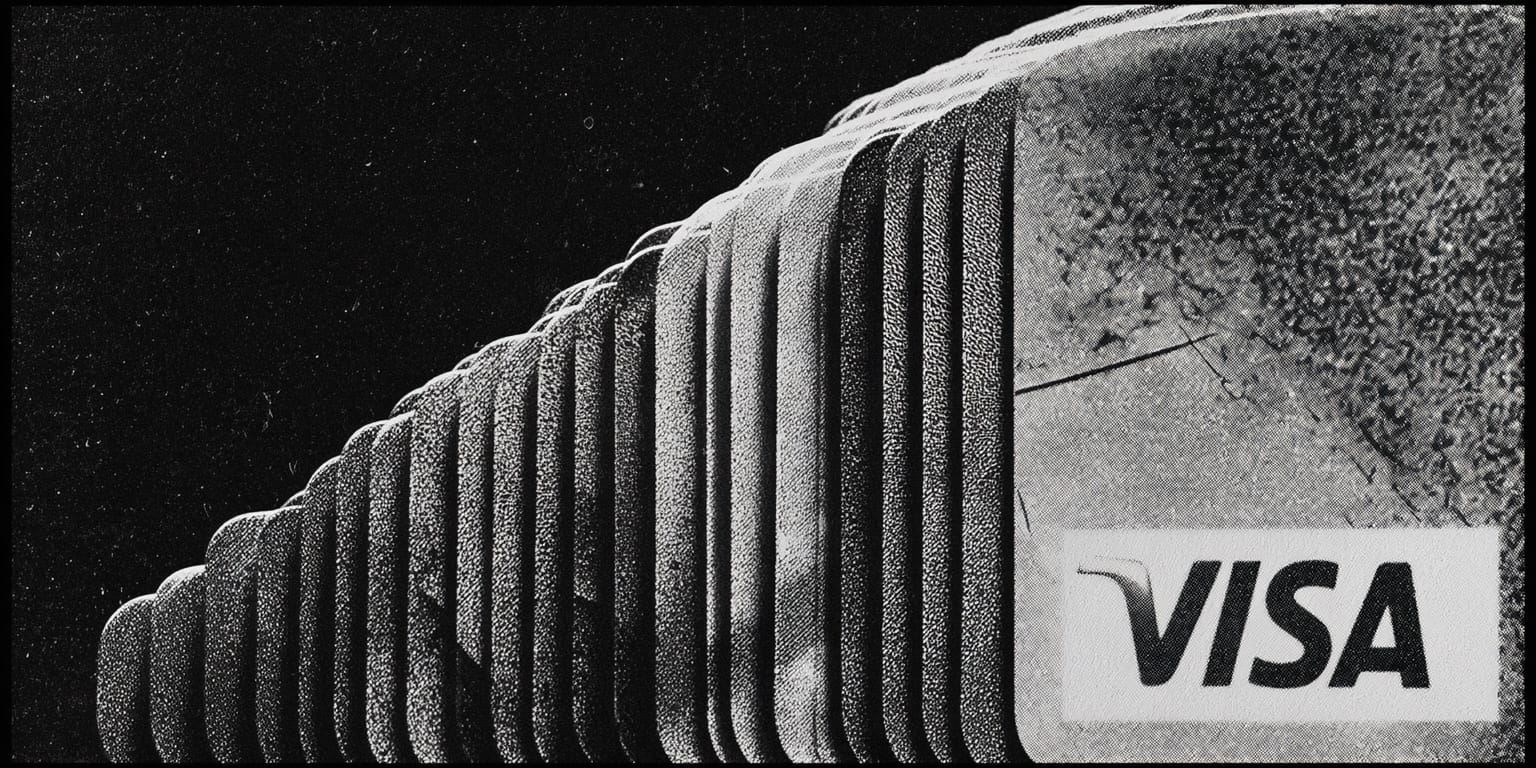Visa and Mastercard Near Settlement to End Two Decade Fee Dispute with Merchants

According to U.S. News, Visa and Mastercard are nearing a settlement with U.S. merchants that would reduce interchange fees and relax card acceptance rules. The Wall Street Journal reported on November 8, 2025, that the payment networks would trim interchange fees by an average of 0.1 percentage point over several years. Current fees typically range from 2 percent to 2.5 percent per transaction.
The settlement would also ease the "honor all cards" rule. This requirement currently forces merchants to accept all cards from a network if they accept any. Under the new terms, stores could reject certain card types, including premium rewards cards with higher processing costs. Both companies declined to comment when contacted by Reuters.
The deal requires court approval before taking effect. An announcement could come soon, according to people familiar with the matter.
Why This Settlement Matters
Merchants have fought these fees since 2005, when they first sued Visa, Mastercard, and major banks for anticompetitive practices. The lawsuit claimed interchange fees and acceptance terms created an unfair system. A previous settlement proposed in March 2024 offered a 0.07 percentage point reduction but was rejected by the presiding judge.
According to The Motley Fool, credit card companies earned $148.5 billion from merchant swipe fees in 2024. American families paid close to $1,200 annually through either higher prices or surcharges. For businesses operating on slim profit margins, interchange fees represent their largest card acceptance cost. The Food Marketing Institute estimates these fees account for roughly 85 percent of total merchant processing charges.
The new settlement would allow merchants more control over which cards they accept. Stores could potentially refuse high-fee rewards cards while accepting standard cards. This change addresses long-standing complaints that merchants pay more for premium cards despite having no say in the matter.
Industry Impact and Competitive Landscape
The payment card industry operates as what many consider a duopoly. Visa and Mastercard control the vast majority of U.S. credit card transactions. PYMNTS.com notes the settlement discussions include provisions for surcharging, where merchants pass card fees to customers.
Last year, the payment networks agreed to an estimated $30 billion settlement to cap fees. That agreement required cutting rates by at least 0.04 percentage points for three years. The companies also agreed to keep average rates seven basis points below current levels for five years. Both Visa and Mastercard denied wrongdoing in that settlement.
The broader market continues to see fee increases despite settlement discussions. Visa recently changed its Commercial Enhanced Data Program requirements. Mastercard adjusted several interchange categories in October 2025. These network fee changes occur twice yearly and affect different merchant segments.
Some lawmakers support legislation that would increase network competition. The proposed Credit Card Competition Act would require large banks to offer processing options beyond Visa and Mastercard. Supporters argue this would create price competition and lower costs. Opponents warn it could reduce credit availability or eliminate consumer rewards programs.
Further Reading
For deeper insights into global adoption trends and regulatory frameworks affecting payment systems, our Alternative Financial Systems Index tracks regulatory developments and adoption metrics across 50 countries. The index provides comprehensive data on how different jurisdictions approach payment network regulation and merchant protection policies.









